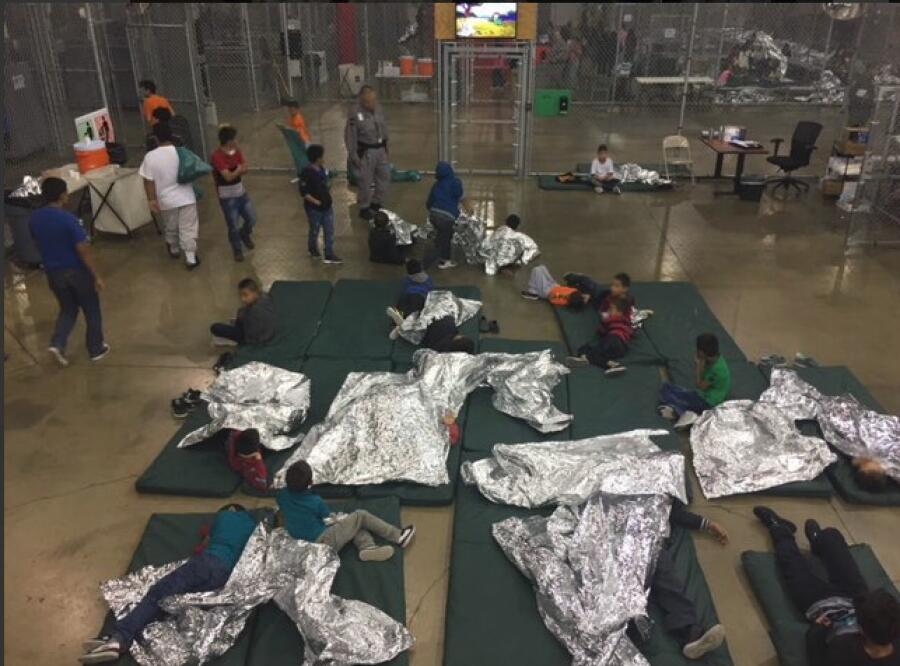June 21, 2018
Separating children from parents can have significant health consequences, VCU psychologist says
Share this story

The Trump administration’s “zero tolerance” immigration policy has led to more than 2,300 children being separated from their parents.
While the administration on Wednesday reversed course to allow migrant families to avoid separation by being detained together, the sad truth is that for some children damage has already been done, according to Michael A. Southam-Gerow, Ph.D., chair of the Department of Psychology in the College of Humanities and Sciences, who leads a lab focused on the improvement of mental health services for children and families.

In what ways can being separated from their parents affect a child's health? And how long can these traumatic health impacts last?
There are significant health impacts on children when separated from caregivers in the manner that appears to be happening. These are traumatic separations, without clear communication between the child and caregiver.
Very young children may have trouble even comprehending the meaning of the separation, which could create panic and significant levels of anxiety. These have deleterious effects on a child’s short-term and long-term health.
Older children may have some understanding of the situation but will lack the support network needed to help them cope.
In terms of health risks, we are talking about stress-related problems that could lead to reduce immune system functioning, depressed appetite, apathy and lethargy. Post-traumatic stress disorder is one long-term risk to consider. The problem may manifest weeks or months later and can lead to lasting impairment for those affected.
Other mental health effects may manifest later, including separation anxiety and depression. One also would be concerned about disruptions in attachment, as some of the children appear to have been quite young.
Has research been conducted that looks at similar situations to what the U.S. has been doing?
There is some research. As you might imagine, these situations are incredibly difficult and stressful for the families. In general, the families are escaping a traumatic and stressful situation in their home country. The voyage to the new country is often harrowing. There have been studies of refugee families across multiple generations. One large-scale national study in Europe found long-term impacts on physical health for refugee families during the World War II era.
Anything else you'd like to add?
Separating children from their caregivers for any reason is stressful and difficult for all involved. Science and practice has helped inform policy in the U.S. in the past to avoid these separations as much as possible.
Subscribe to VCU News
Subscribe to VCU News at newsletter.vcu.edu and receive a selection of stories, videos, photos, news clips and event listings in your inbox.










